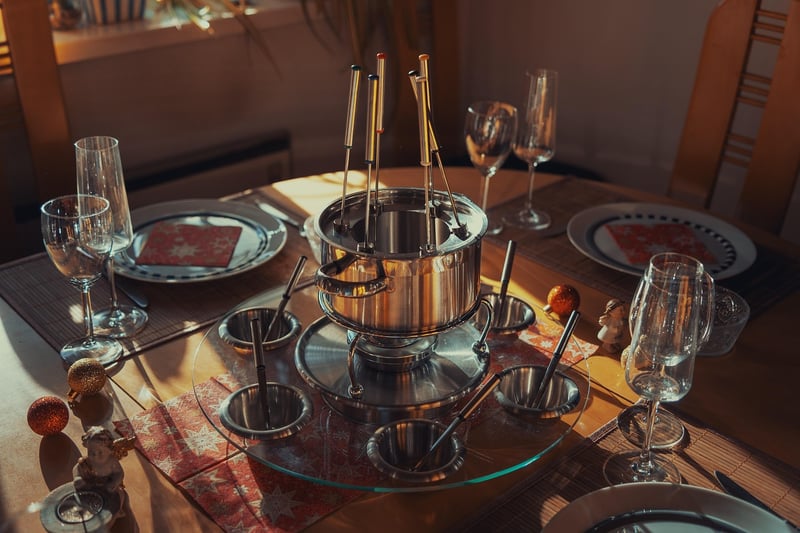Food Traditions
Exploring Diverse Culinary Customs and Food Traditions
Food is an integral part of culture, and exploring different culinary customs can provide a fascinating glimpse into the traditions and history of a region. From unique ingredients to cooking techniques passed down through generations, each culture has its own rich tapestry of flavors and dishes. Let's take a journey around the world to discover some of the most intriguing food traditions.
1. Italian Cuisine

Italian cuisine is known for its emphasis on fresh, high-quality ingredients and simple preparation methods. From pasta to pizza, Italian dishes are beloved worldwide. Olive oil, tomatoes, and cheese are staples in Italian cooking, creating a harmonious blend of flavors.
2. Japanese Tea Ceremony

The Japanese tea ceremony, also known as Chanoyu, is a traditional practice that involves the preparation and presentation of matcha green tea. This ritual focuses on mindfulness, respect, and tranquility, making it a unique cultural experience.
3. Mexican Tamales

Tamales are a traditional Mexican dish made of masa (corn dough) filled with various ingredients such as meats, cheese, or vegetables. Wrapped in corn husks and steamed to perfection, tamales are a delicious and comforting food enjoyed during celebrations and holidays.
4. Indian Spice Market

India's spice markets are a sensory delight, offering a vibrant array of aromatic spices like turmeric, cumin, and cardamom. These spices are the backbone of Indian cuisine, adding depth and complexity to dishes such as curry, biryani, and masala chai.
5. French Pastry

French pastry is renowned for its delicate textures and exquisite flavors. From flaky croissants to decadent macarons, French desserts are a true indulgence. Butter, sugar, and flour are transformed into works of art in the hands of skilled pastry chefs.
Exploring diverse culinary customs and food traditions is not just about tasting different flavors; it's about immersing yourself in the stories, rituals, and history that shape how we eat and connect with one another. So next time you sit down for a meal, remember that you're experiencing more than just food—you're savoring a cultural heritage.
